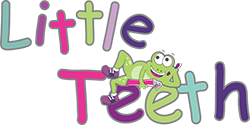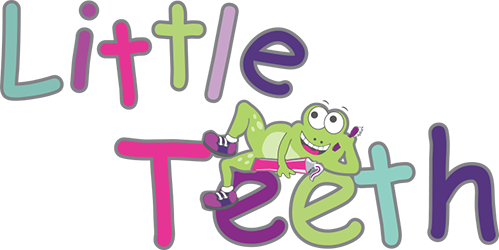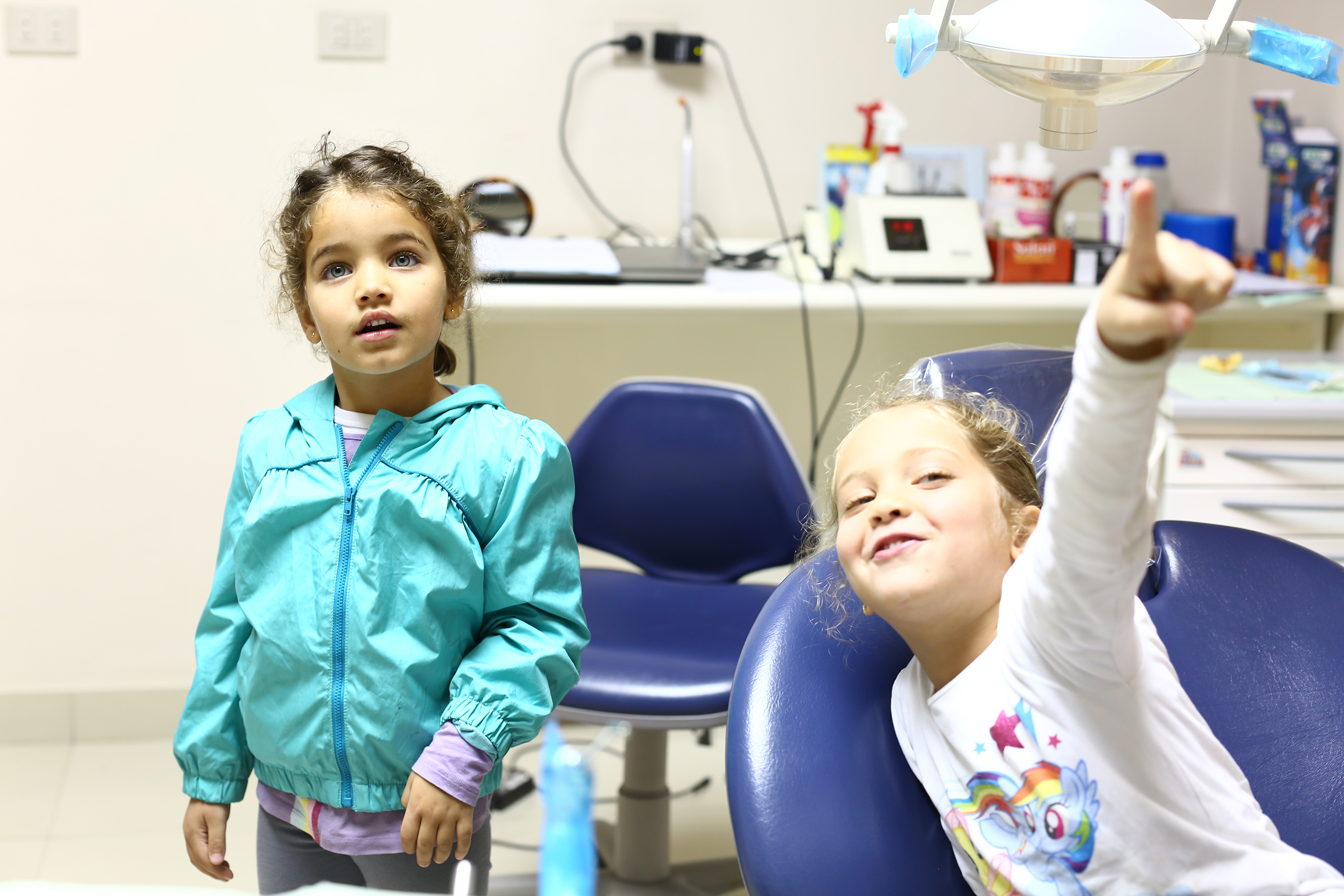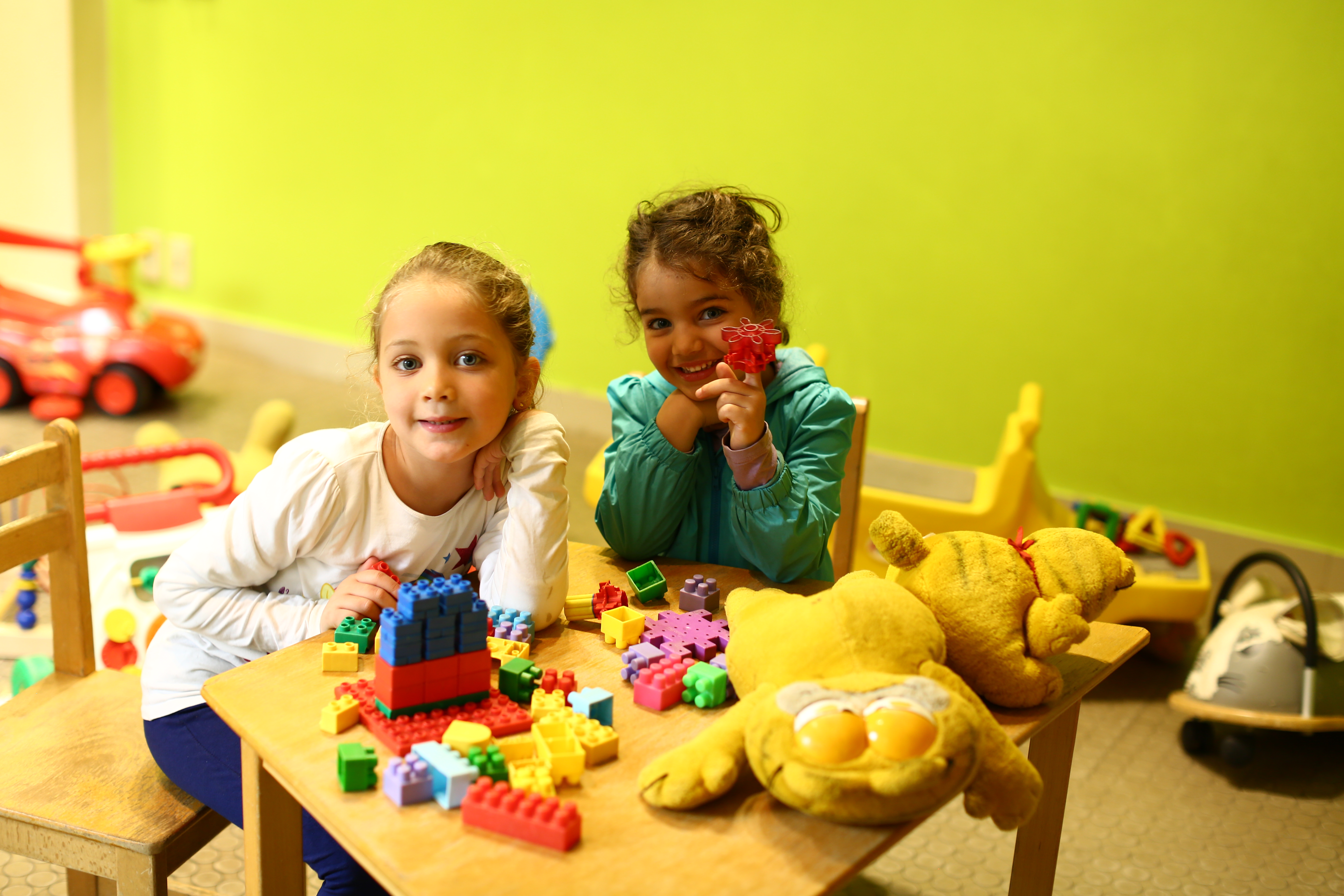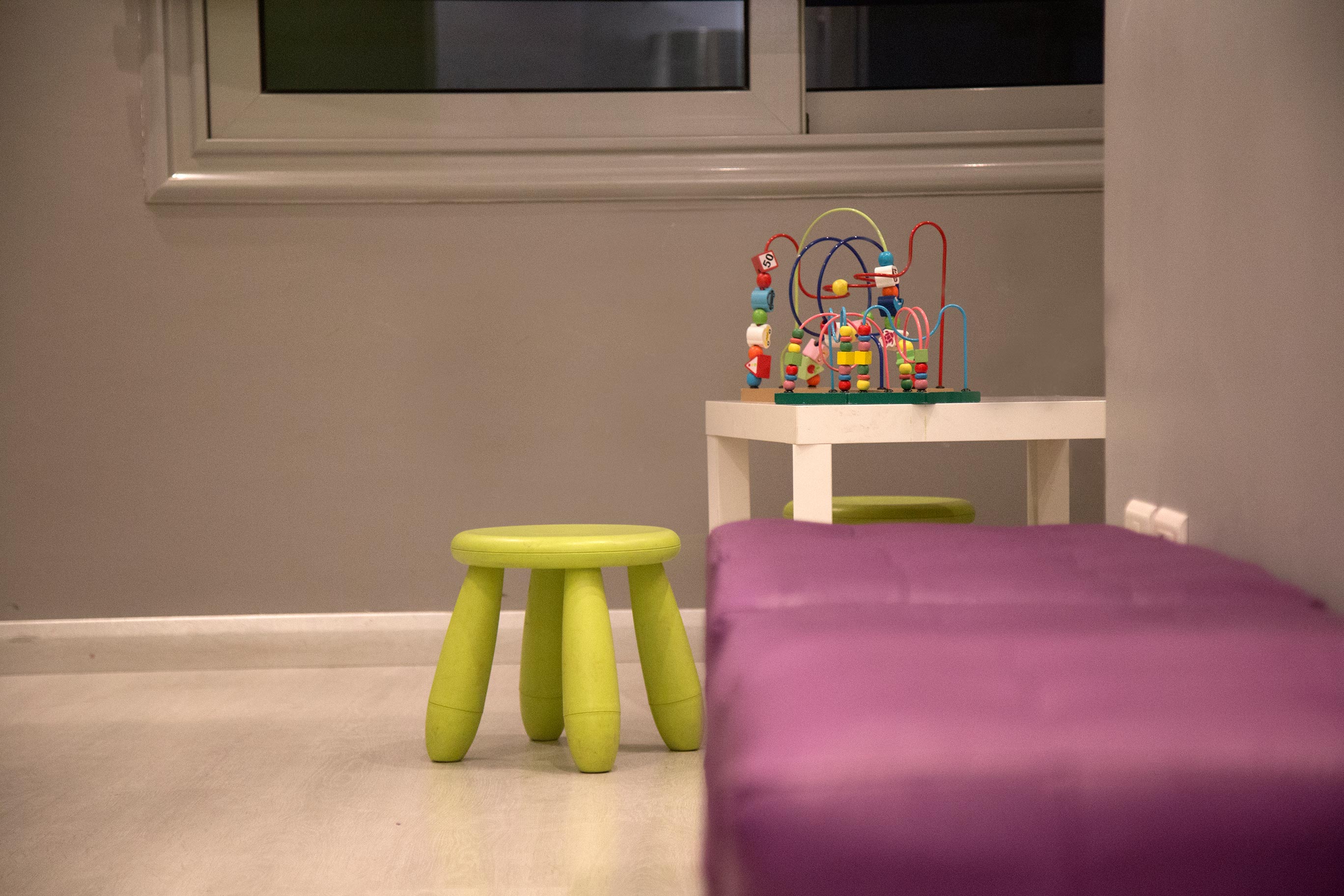In most cases, you will have come to us because of a referral by your general dentist or pediatrician. But you don’t need a referral to see us. We’re happy to make your appointment directly. We are specialists in Pediatric Dentistry, focusing exclusively on the early years–the most important years–of your child’s dental care.
A Family Dentist is not a Pediatric Dentist. A general dentist isn’t a Pediatric Dentist. A Pediatric Dentist is specially trained and certified to meet the particular needs of children. This is a very special certification that requires two additional years of extensive training and continuing education.
Pediatric dentists are the pediatricians of dentistry. They complete two to three years of extensive training after they have completed five years of dental school education. Their specialized training focuses on behavior guidance, care of the medically and developmentally compromised patient, supervision of oral growth and development, decay prevention and restoration, sedation, and hospital dentistry. Pediatric dentists adapt traditional dental procedures to the unique requirements of infants, children, and teenagers.
As Pediatric Dentists, we can help prevent dental-related issues that can be corrected more easily in childhood. In all likelihood, care now will also be less expensive than problems later. At Little Teeth your child will be safe, comfortable and well cared for. We provide a truly satisfying experience that, at this stage in your child’s development, will lay the groundwork for a lifetime of dental health.
Primary, or “baby,” teeth are important for many reasons. First, they help children speak clearly and chew naturally contributing to overall well-being. Second, they guide the permanent tooth into the correct position in the mouth. Some primary teeth will stay in your child’s mouth until he/she is about twelve years old and the premolar teeth are ready to replace them. Third, healthy primary teeth do not cause pain or infection. Cavities progress more rapidly in primary teeth than permanent teeth. These cavities can cause abscessed teeth, facial swelling, the inability to chew, pain and tooth loss. Early detection and treatment of decay is important for maintaining appropriate oral health in the primary dentition and building the foundation for healthy permanent teeth.
Our office uses lots of positive reinforcement when interacting with your child. Prior to your child’s upcoming dental appointment, we encourage parents to use the same positive attitude when discussing their dental visit. For very young children, reading children’s books about going to the dentist may be a helpful exercise. For older children, allowing the dental staff to explain procedures using child-friendly dental vocabulary is recommended. Encourage your children to ask lots of questions from the dentist and the staff during their appointment. It’s OK not to know the answers to all your child’s questions. Let us answer these questions for you.
We recognize that dental anxiety is very real. If your child has anxiety about their dental appointment, we recommend discussing that with our staff and doctors. As pediatric dentists, we are specially trained on how to guide children through their dental treatment. Most children become much more relaxed while interacting with our warm, caring staff in our fun, child-friendly environment. In addition to the standard behavior management techniques, other treatment options to treat children with anxiety exist.
In many cases, parents, due to their own personal experiences, can have more anxiety about a child’s dental appointment than does the child. It is extremely important for the parent not to allow their own dental anxiety and fear to be seen or heard by the child. Children are very intelligent and perceptive and parental fears can be easily transferred to your children. For parents dealing with extreme dental anxiety, it may be a good idea to have another adult bring your child to his/her scheduled appointment.
The American Academy of Pediatric Dentistry as well as our office recommends a dental check-up at least twice a year for most children. Some children need more frequent dental appointments due to increased risk of tooth decay, abnormal growth patterns, or poor oral hygiene. Regular dental visits, in addition to proper oral home care, help your child stay cavity-free.
During a regular dental visit, the teeth are cleaned to remove debris that irritates the gums and can cause cavities. Fluoride treatments are given to renew the fluoride content in the enamel thereby strengthening the teeth and preventing cavities. Instructions on proper brushing and flossing are given to help your child maintain cleaner teeth and healthier gums. Radiographs are taken when appropriate. An ongoing assessment of your child’s oral health also includes recognizing the need for additional fluoride, recommendation of dental sealants, and monitoring of a patient’s growth and development for orthodontic problems. A lot is accomplished during a regular dental check-up.
Baby teeth respond well to the removal of a diseased part of the dental pulp (nerve) while leaving the healthy portion intact. The cavity will be removed from the tooth in addition to the portion of the pulp that has been infected by the bacteria of the cavity. A disinfectant is placed on top of the remaining pulp, the tooth is sealed and a crown (silver cap) is placed over the tooth. This allows the tooth to stay vital (alive) in the mouth.
The obvious benefit is that the tooth is maintained in service and holds the space for the developing permanent tooth below it. The disadvantages are teeth that receive nerve treatments likely require a crown (sliver cap) to be placed on the tooth to provide adequate strength. Occasionally, the bacteria invade the nerve completely and a pulpotomy fails and the tooth must be removed, but the risk is low.
Alternatives include removal of the tooth (with the diseased nerve) and placement of a space maintainer, which allows the room to be “held open” for the permanent tooth to erupt between the ages of 10-11 years old.
Usually the patient will experience continued and increased pain and infection. There is also a risk of damage to the underlying permanent tooth below the infected primary (baby) tooth. Ignored nerve infection will usually result in an abscess and require removal of the tooth.
A baby tooth usually stays in until a permanent tooth underneath pushes it out and takes its place. Unfortunately, some children lose a baby tooth too soon. A tooth may be knocked out accidentally or removed because of dental disease. When a tooth is lost too early, we may recommend a space maintainer to prevent future space loss and dental problems.
Baby teeth are important to your child’s present and future dental health! They encourage normal development of the jaw bones and muscles. They save space for the permanent teeth and guide them into position. Remember: some baby teeth are not replaced with adult teeth until a child is 12 or 14 years old!
Space maintainers hold open the empty space left by a lost tooth. They steady the remaining teeth, preventing movement until the permanent tooth takes its natural position in the jaw. It’s more affordable – and easier on your child – to keep teeth in normal positions with a space maintainer than to move them back in place with orthodontic treatment.
If a baby tooth is lost too soon, the teeth beside it may tilt or drift into the empty space. Teeth in the order jaw may move up or down to fill the gap. When adjacent teeth shift into an empty space, they create a lack of space in the jaw for the permanent teeth. So, permanent teeth are crowded and come in crooked. If left untreated, the condition may require extensive orthodontic treatment.
